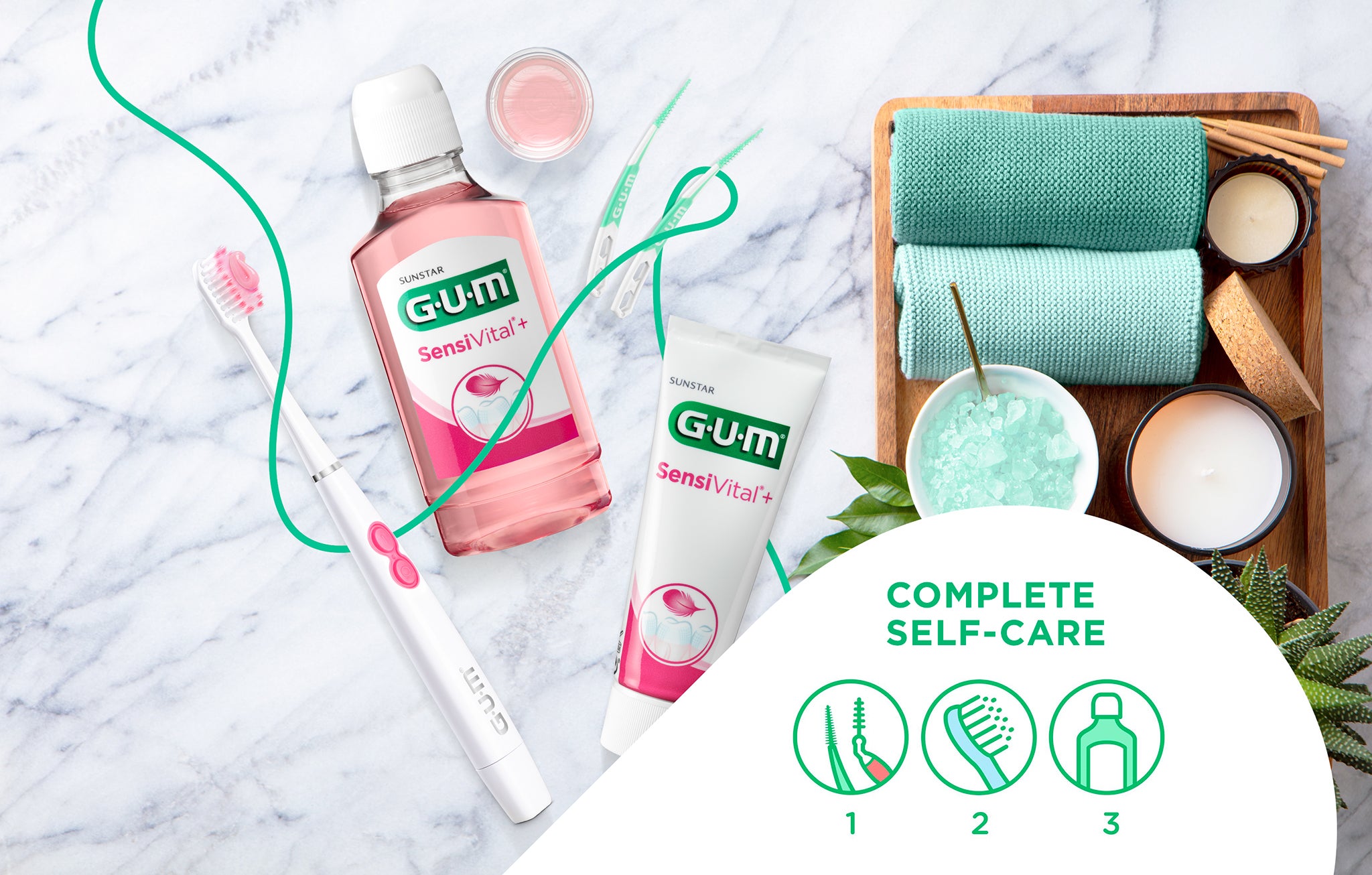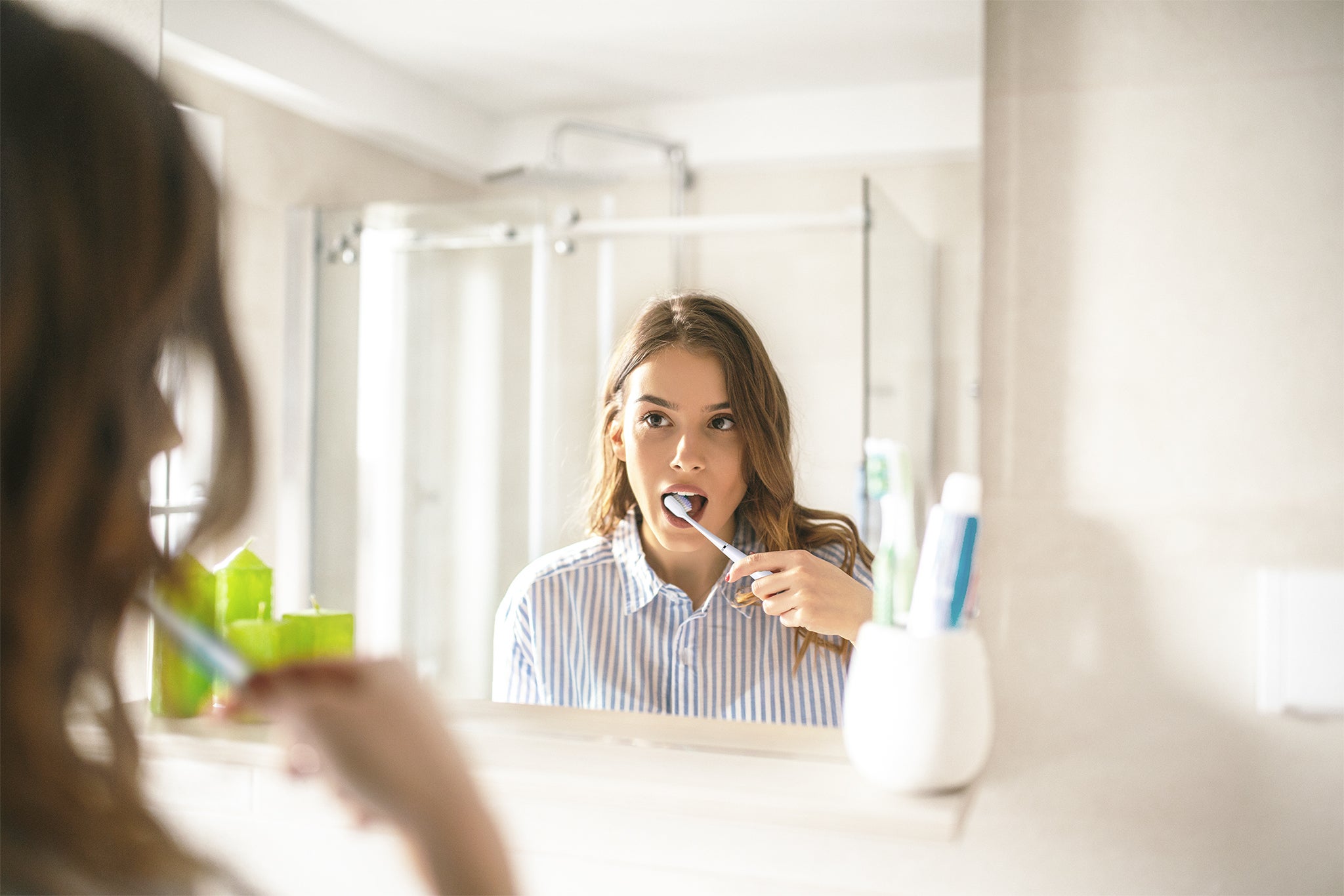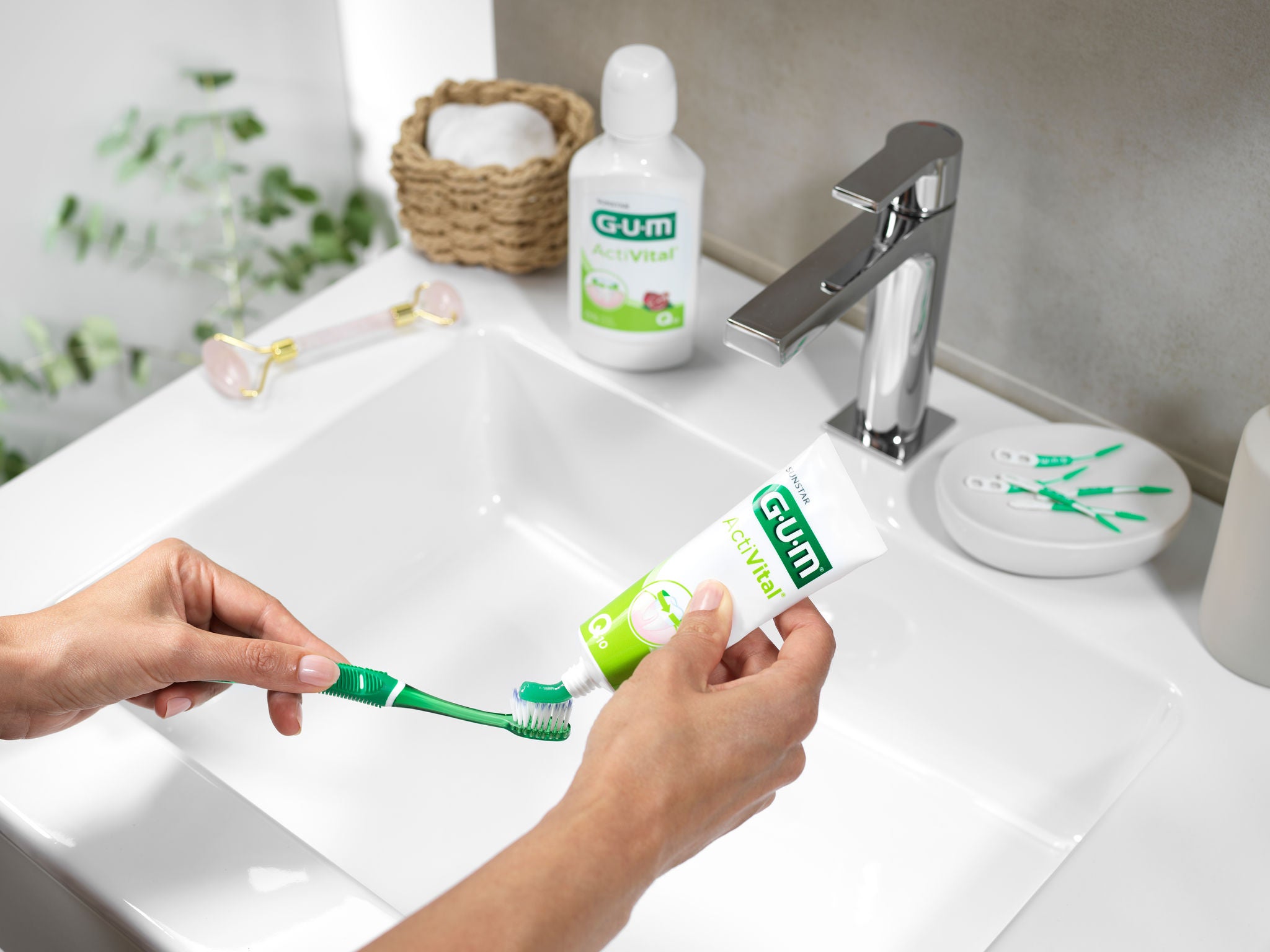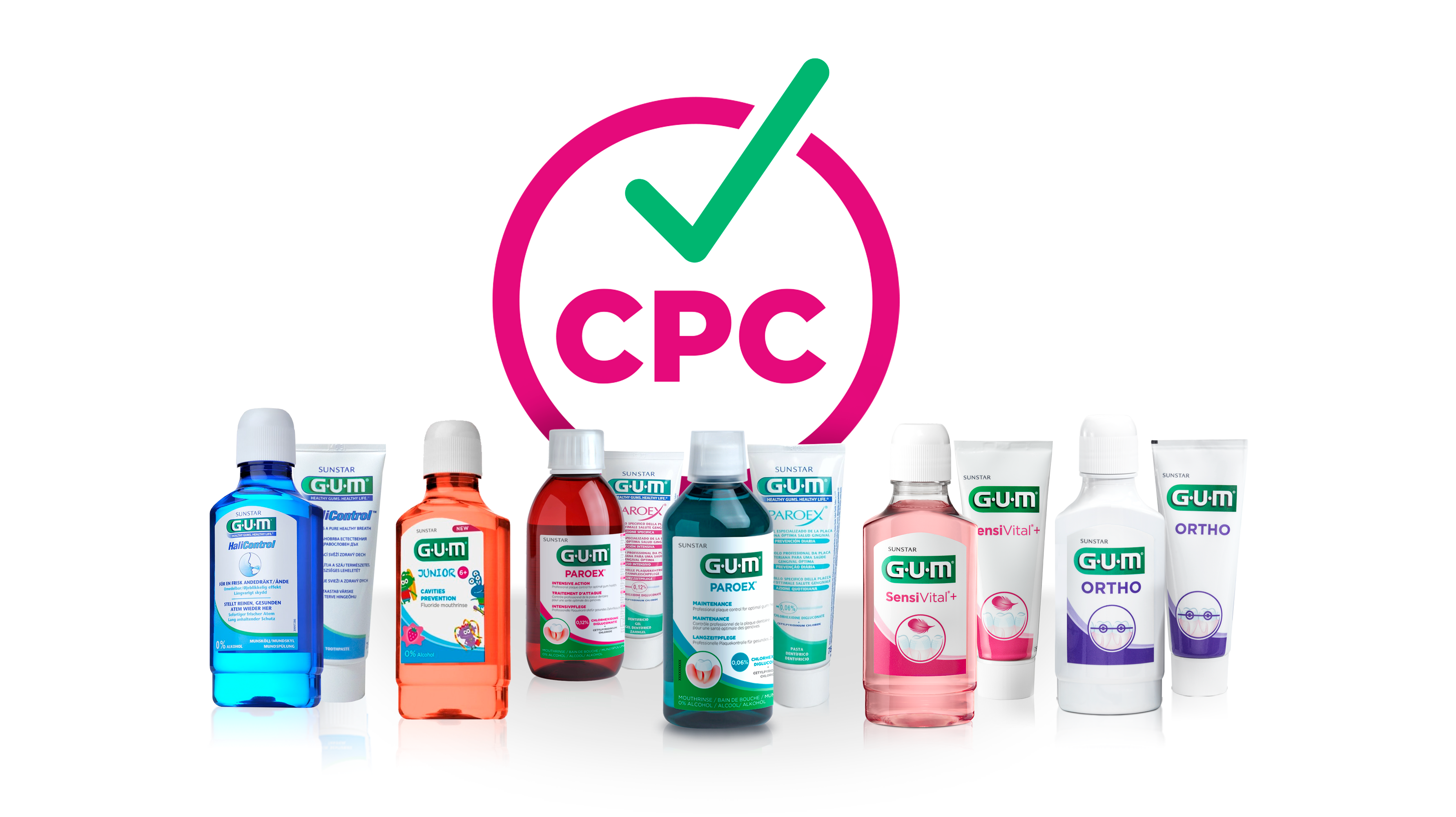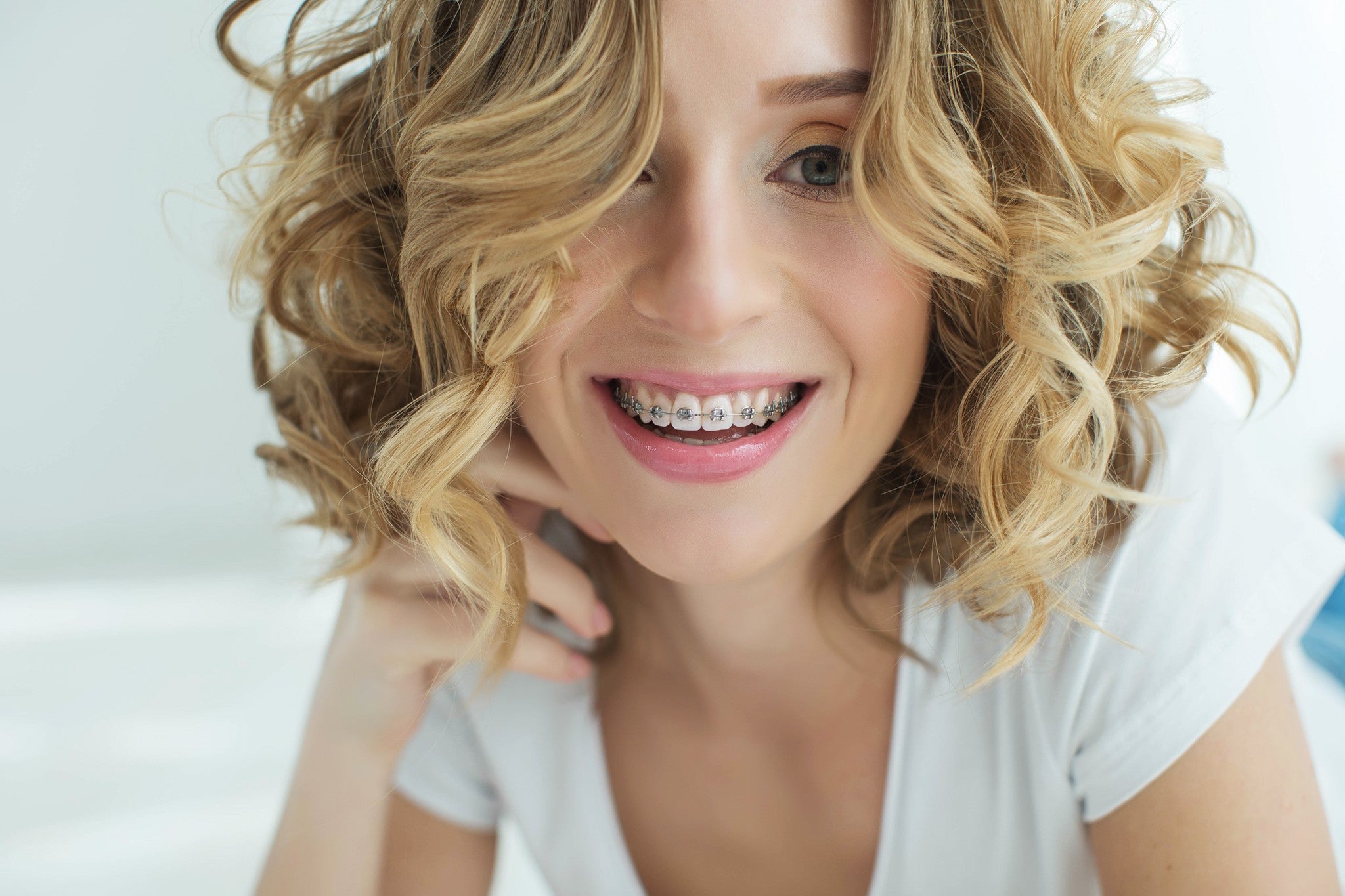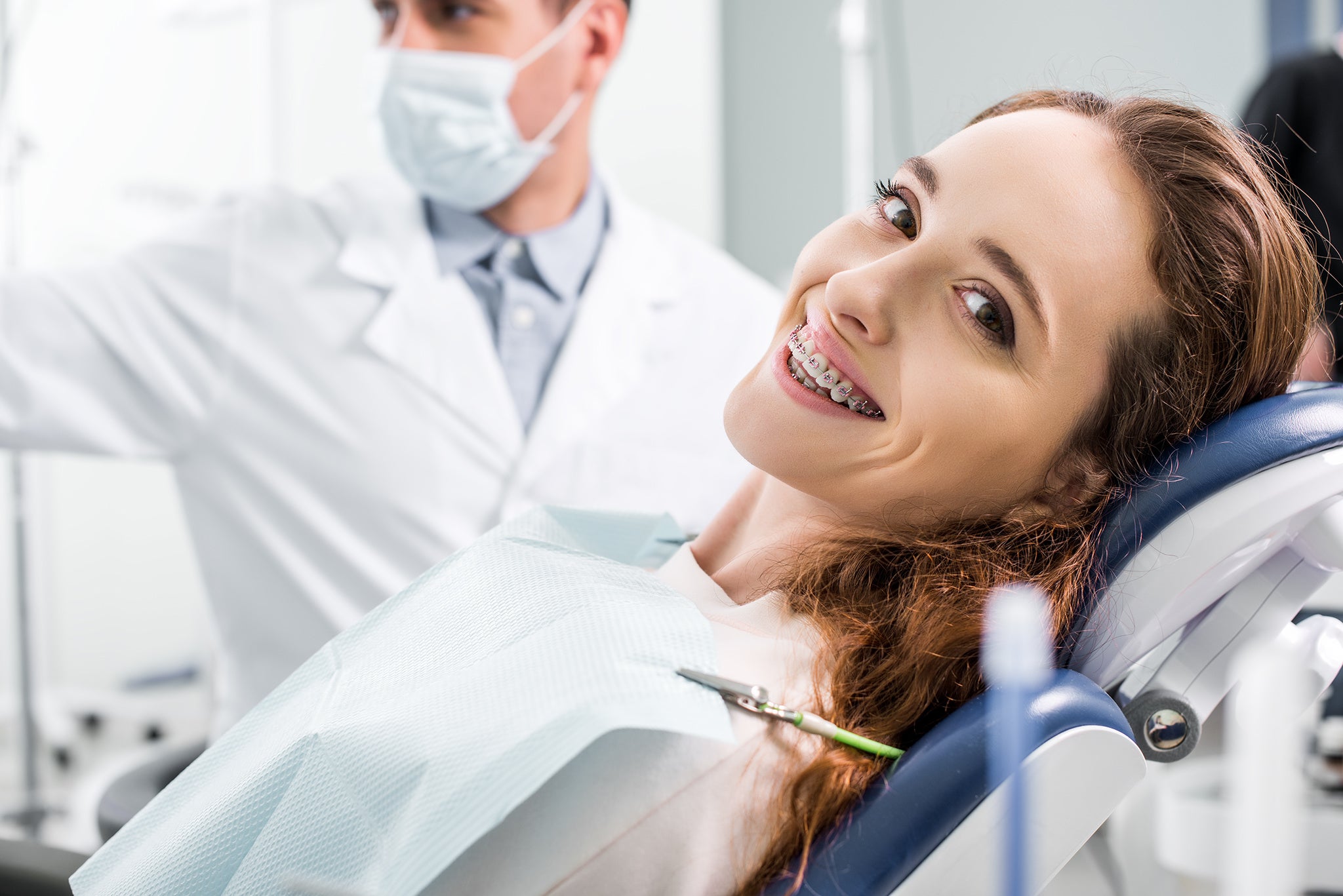
How to Care for Braces: Oral Care Tips for Healthier Teeth
Braces can improve your oral health, straighten your teeth, and correct harmful bite issues. But no matter what age you are when you undergo orthodontic treatment, proper oral care and dental hygiene are essential at every stage.
Many patients assume their regular oral care routine will still apply after they get braces, but this is not the case. Cleaning your teeth when you have braces actually takes a closer eye and additional care beyond a typical routine.
In this article, we’ll share helpful tips and habits that anyone can follow to keep a bright and healthy smile while wearing braces.

The Importance of Oral Care with Braces
Since orthodontic treatments and appliances are applied directly to the surface of your teeth, the process automatically puts you at greater risk of plaque buildup and decay. Fortunately, these are short-term risks that can be prevented with good dental habits.
When wearing braces or other appliances, don’t skimp on basic oral hygiene habits. At a minimum, this should include:
- Cleaning regularly between teeth
- Brushing at least twice per day
- Removing food from braces after meals
- Limiting drinks and food that contribute to staining (such as highly acidic or sugary foods and beverages)
How to Care for Teeth While Wearing Braces
Your orthodontic team can provide you with advice and tools for good orthodontic care. Many will even review the various types of brushes, interdentals and toothpaste that are best suited for braces. When it comes to basic tips and tricks, there are a few simple rules to follow for a healthier smile.
Use fluoride toothpaste
Toothpaste contains abrasives that can remove plaque from teeth without harming your braces, wires, and other appliances. A fluoride-rich toothpaste will help protect your tooth enamel and prevent cavities in those hard-to-reach areas. Many patients find their teeth to be particularly sensitive after getting braces. You might also want to look for a “sensitivity protection” toothpaste if you find you are prone to hot/cold/sweet sensitivity. Adding a rinse can provide additional protection.
Use interdental brushes
On top of cleaning between teeth, interdental brushes help people with braces reach challenging areas behind brackets and wires. Since gum disease often begins in the areas between the teeth and beneath the gums, it’s extremely important to tackle these spots.
When using an interdental brush, always use the right size for your teeth and brackets. For maximum comfort and safety, never try to force a brush between tight spaces or wires, or anywhere that it doesn’t glide easily over the teeth. If you cannot fit interdental brushes between your teeth, or when you find them uncomfortable to use in the beginning, rubber interdental cleaners are a good alternative. They effectively remove plaque and food debris as well, and also come in different sizes and shapes, tailored to your needs
Brush carefully
Having braces can make brushing a little more difficult, so brush carefully and methodically. You should place the toothbrush at a 45-degree angle from the gums in order to achieve maximum coverage of the tooth surface. When wearing braces, you may find that you need to pack a travel toothbrush with you to help remove food from brackets after meals on the go.
By cleaning your teeth regularly, you can prevent harmful plaque and tartar buildup that contribute to tooth decay and discolouration. This means that you can help your teeth stay clean and healthy, even with braces.
Choose a good mouthwash
As an addition to brushing and interdental cleaning, mouthwashes are a great final step in your dental hygiene toolkit. The right orthodontic mouthwash can eliminate bacteria, reduce inflammation, and flush out any remaining plaque from behind brackets while bringing fluoride to help strengthen your teeth.
How to Keep Your Teeth Clean after Braces are removed
Results after orthodontic treatment usually depend on the type of appliance that was worn and how long it was in place. After your braces are removed, you’ll have several choices when it comes to achieving a healthier smile.
- Keep up with any existing dental routines and habits, including brushing, interdental cleaning, and wearing a retainer.
- Use a different over-the-counter toothpaste, or ask your dentist about prescription options.
- Discuss additional options and cleaning strategies with your dentist.
Smile Confidently with Proper Braces Oral Care
Braces and other orthodontic appliances can leave you with a healthy smile that you’re proud of. But when you have these treatments in place, it is more important than ever to keep up good dental habits.
Keep teeth with braces fresh and clean with orthodontic products that are specifically designed and formulated to help people with orthodontics smile with more confidence.

